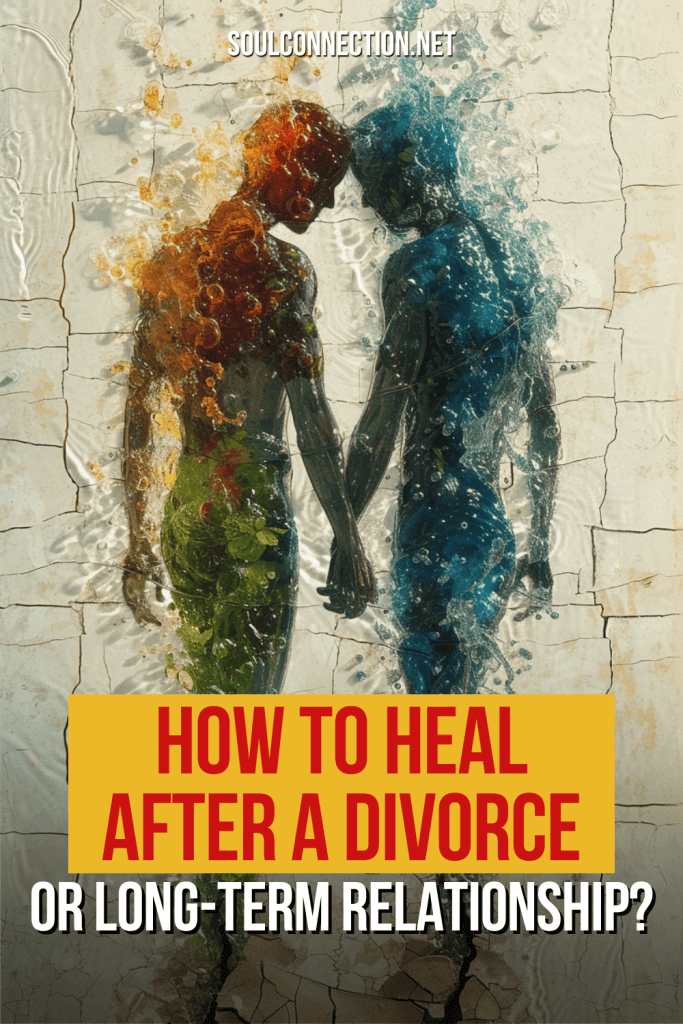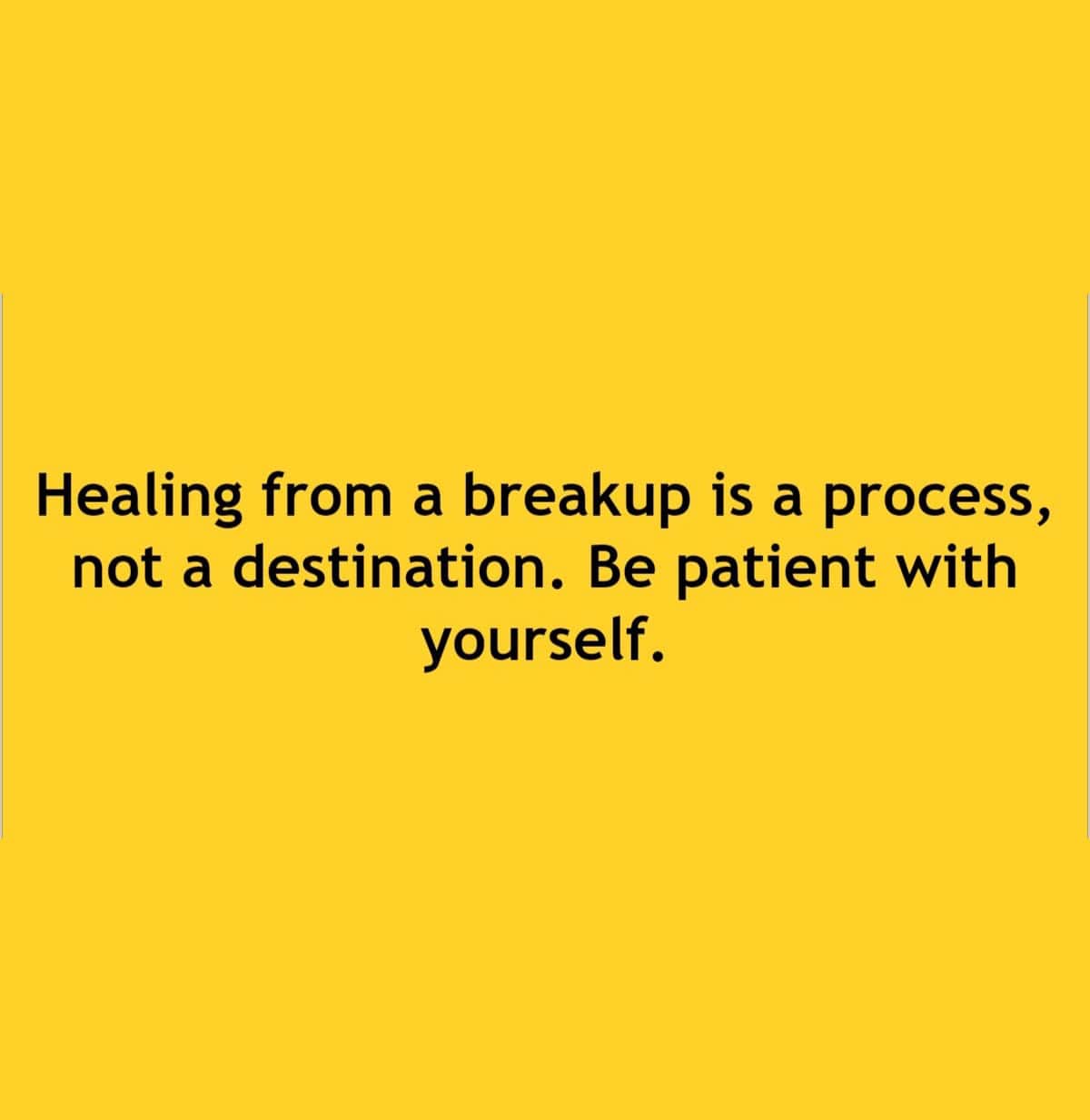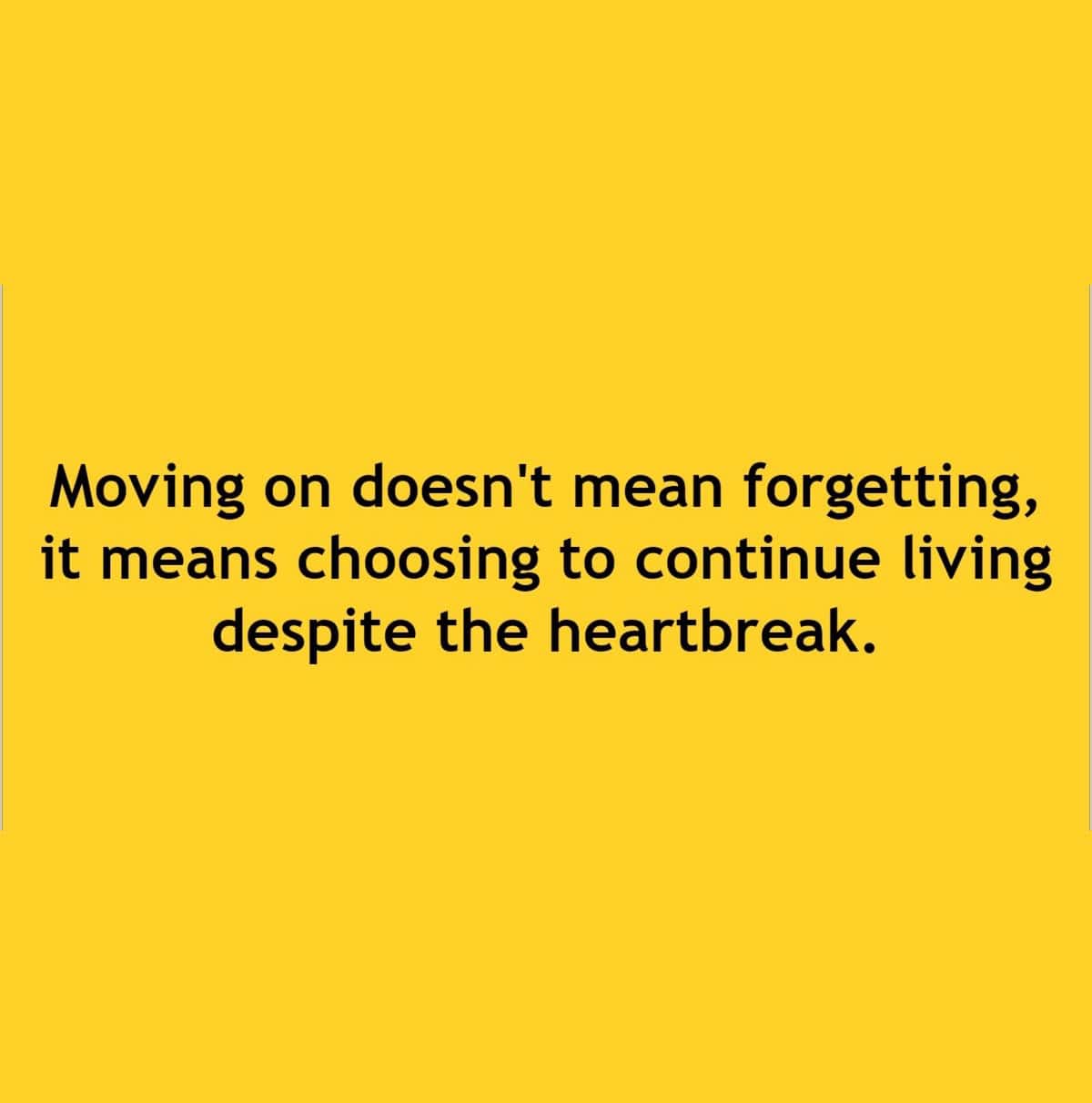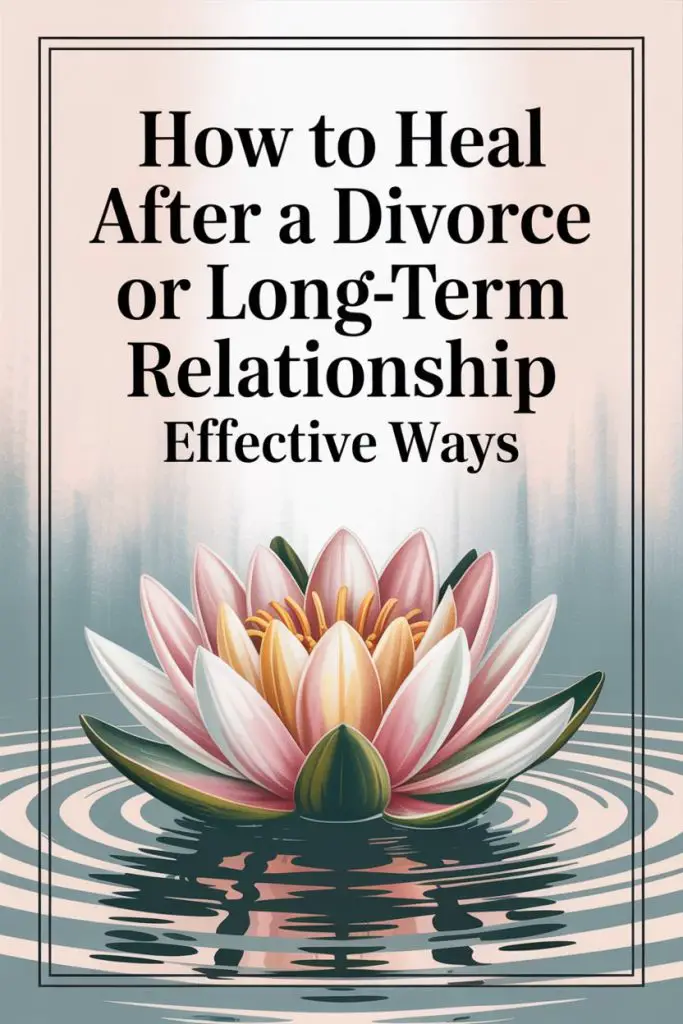Healing after a divorce or long-term relationship involves several stages and practices. Each contributes to emotional recovery and personal growth, aiding you in moving forward.
Identifying the emotional stages of healing helps you navigate your feelings. Here are key stages you might experience:
- Denial: You may initially struggle to accept the situation because it feels overwhelming.
- Anger: You could experience frustration and resentment toward your ex-partner or yourself.
- Bargaining: You might find yourself wishing to change circumstances or reliving past decisions, hoping things could be different.
- Depression: A profound sense of loss and sadness sets in as reality hits you.
- Acceptance: Finally, you come to terms with the situation, ready to move forward.
Recognizing these stages reassures you that your emotional journey is normal and helps you manage your expectations.
The Power of Self-Compassion
Self-compassion is crucial for healing. Treating yourself with kindness promotes emotional well-being and resilience:
- Acknowledge Pain: Accept your emotions rather than ignoring or suppressing them.
- Avoid Self-Judgment: Don’t blame yourself for the relationship’s end. Instead, practice self-forgiveness.
- Practice Mindfulness: Stay present, acknowledging your feelings without judgment.
- Seek Support: Surround yourself with friends or a support group to share your journey and gain perspective.
Emphasizing self-compassion helps you rebuild confidence and fosters a healthy mindset for the future.
Tips for Emotional Healing
Seeking Professional Help
Consulting a therapist helps navigate complex emotions. Therapists offer guidance in coping mechanisms, building resilience, and recognizing patterns in your behavior.
If therapy isn’t accessible, consider online support platforms for affordable options. Psychological research confirms the benefits of these professional interventions in emotional recovery.
Building a Support System
Surround yourself with trusted friends or family to share feelings. Being heard and understood diminishes the sense of isolation.
Join support groups, both online and offline, where shared experiences can offer comfort. Engaging in community activities or hobbies leads to new social connections, fostering a network of care.
This collective support contrasts with the solitude of handling emotions alone.
Rebuilding Your Life After a Breakup
Rediscovering Individual Interests and Passions
After a breakup, focusing on your interests and passions helps in the healing process. Engaging with activities you once loved reignites joy.
If you stopped painting, cooking, or playing an instrument, now is the time to dive back in. These pursuits offer a sense of identity beyond the relationship.
Joining clubs or classes related to your hobbies fosters new connections. For example, local art classes or cooking workshops provide opportunities to meet like-minded individuals. This builds a new support network while reigniting your interests.
Volunteering for causes you care about can bring fulfillment. Whether it’s animal shelters or community gardens, being part of something bigger shifts focus away from personal struggles, instilling a sense of purpose.
Setting New Life Goals
Establishing new goals guides you toward a fulfilling future. Begin by reflecting on aspirations that were sidelined. Write down these dreams, breaking them into smaller, manageable steps.
Fitness goals can be part of this process. Committing to a health routine, like daily jogging or joining a gym, improves physical and mental well-being. Physical progress translates into emotional strength, building resilience.
Academic or career ambitions also deserve attention. Enroll in courses or seek professional development opportunities.
Learning new skills or advancing in your field not only enhances your career but also boosts self-esteem.
Reassessing financial goals provides motivation. Whether it’s saving for a home or planning a trip, having financial milestones keeps you focused on the future rather than the past.
Integrating these strategies creates a roadmap to personal growth, making the journey of rebuilding your life after a breakup a transformative experience.
Managing Coparenting and Shared Bonds
Effective Coparenting Strategies
Foster Open Communication
Maintaining open lines of communication ensures that both parents stay informed about their children’s lives. Use tools like shared calendars and regular check-ins to stay aligned on schedules and important events.
Show Empathy and Respect
Empathy and respect help mitigate conflicts. Acknowledge each other’s contributions and express understanding of the other person’s perspective.
Create Consistent Routines
Consistency in routines provides stability for kids. Agree on bedtimes, meal routines, and rules to maintain a sense of normalcy across both households.
Establish Clear Boundaries
Clear boundaries set expectations and reduce misunderstandings. Define what is acceptable behavior and what isn’t during handovers and interactions.
Use Parenting Plans
A well-structured parenting plan outlines custody arrangements, holiday schedules, and decision-making responsibilities. Refer to this document to resolve disputes.
Managing Mutual Friends and Social Circles
Communicate Your Needs
Inform mutual friends about your boundaries and preferences. For example, ask friends to avoid discussing sensitive topics or avoid inviting both of you to the same event.
Maintain Neutrality
Stay neutral and avoid pressuring friends to choose sides. Encourage friends to remain impartial and support both parties equally.
Rebuild Individual Social Circles
Expanding your social circles helps reduce dependency on mutual connections. Join new groups or engage in activities that introduce you to new people.
Respect Privacy
Respect each other’s privacy in social situations. Avoid discussing personal matters with mutual friends to prevent misinformation and gossip.
Create Separate Events
Design separate social events to accommodate mutual friendships. For instance, host your own gatherings and attend separate functions to maintain connections without tension.
Fianl Thoughts
Healing after a divorce or long-term relationship is a multifaceted journey that demands patience and self-compassion.
Embrace the process of rebuilding your life by focusing on personal growth and establishing healthy boundaries.
Reconnect with your passions and lean on supportive networks to navigate the emotional terrain. By implementing effective co-parenting strategies and managing mutual social circles thoughtfully, you can foster a peaceful environment for everyone involved.
Remember, every step forward is a testament to your resilience and capability to thrive beyond the breakup.





